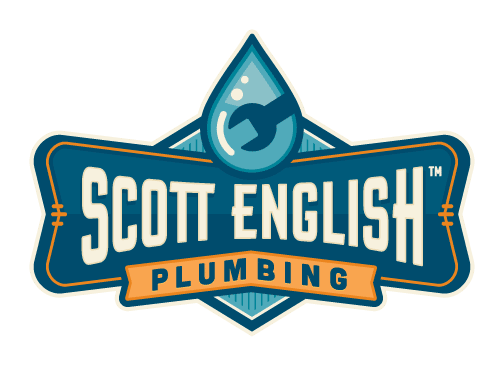When Should I Get Water Heater Replacement
If you are purchasing a home for the first time or are settled into your home and wondering when to expect to make repairs, you might be asking yourself when you should get your water heater replaced.
A gas water heater usually lasts for about 15 years, and an electric water heater will often last for a few years longer than that. Fortunately, you can impact the longevity of your water heater by providing it with proper routine maintenance. If you don’t care for your water heater along the way, it might break down much sooner than 19 years of age. You can’t have a water heater installed and then just forget about; neglecting your water heater will lead to expensive repairs and even an early replacement.
There are several factors you should pay attention to when maintaining your water heater. These are a few to consider.
Draining Your Water Heater
When a water heater heats hard water, it creates sediment because of the minerals in the water. Occasionally, this sediment needs to be drained from the water heater so that it doesn’t accumulate on the bottom of the tank and cause problems. A buildup of sediment inside the water heater will cause it to overheat, and this leads to the melting of the protective glass lining inside the water heater. If the glass lining melts, you will have no choice but to replace the water heater.You can prevent this by periodically draining the water heater.
Dealing with Small Leaks
One of the benefits of sticking to a regular schedule of maintenance for your water heater is that you can catch small problems before they become big problems. This holds true for leaks. If you pay attention to your water heater and discover a small leak, you can address the problem before the small leak turns into a big leak. A big leak means big problems, and at that point, your water heater will likely need to be replaced.
Discovering the Anode
Some parts just have to be replaced periodically, no matter how well you care for your water heater. One of these parts is the anode. The anode is a piece that is screwed into the water heater tank. Its job is to prevent the accumulation of rust inside the water heater tank. How does this work? Well, the anode actually connects two metals inside the tank, in the water. One of them corrodes, which protects the other. For this reason, the anode is known as a sacrificial anode. There are several factors that can affect the lifespan of an anode. These factors include:
- – Water quality
- – Frequency of use of the water heater
- – Water temperature
- – Quality of tank
Anodes will also corrode more quickly if you use a water softener and add salt to the water.
If you run into one of these issues with your water heater, it is a good idea to call a professional plumber for advice. The plumber can help you determine whether you are dealing with a big problem or a small one, and advise you whether it is cost-effective to repair or replace your water heater. If you do choose to replace the water heater, a plumber can help you to choose a replacement and install it for you.
When you need a plumber, call Scott English Plumbing. We have more than 19 years of experience, and we routinely handle water heater repairs and installations. We provide quality service at reasonable rates, so call Scott English Plumbing to handle your water heater concerns today.
